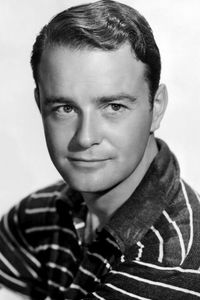Lew Ayres was born in Minneapolis, Minnesota, and spent his formative years in San Diego, California. His journey in the entertainment industry began when he was discovered by a talent scout at the Coconut Grove nightclub in Los Angeles, and he subsequently entered Hollywood as a bit player.
Ayres' breakthrough role came when he played the leading man opposite Greta Garbo in the 1929 film "The Kiss". However, it was his portrayal of Paul Baumer in "All Quiet on the Western Front" (1930) that truly catapulted him to stardom. The film's powerful anti-war message had a profound impact on Ayres, and when he was drafted into the military in 1942, he chose to become a conscientious objector.
This decision was met with widespread outrage in America, with many theaters vowing to boycott his films. Despite this backlash, Ayres quietly achieved his goal of serving as a medic under fire in the South Pacific and as a chaplain's aid in New Guinea and the Philippines.
After the war, Ayres' return to film was marked by a lack of distinction until his role as the sympathetic physician treating the deaf-mute Jane Wyman in "Johnny Belinda" (1948). This performance earned him an Academy Award nomination for Best Actor.
However, Ayres' subsequent movie roles were scarce, and an opportunity to reprise his role as Dr. Kildare in television was ultimately aborted when the network refused to honor his request for no cigarette sponsorship. Despite this setback, Ayres continued to act, and in the 1970s, he put his extensive experience to use in a project to bring Eastern philosophy to the West.
The resulting film, "Altars of the World" (1976),while not a commercial success, received critical acclaim and earned a Golden Globe Award. Lew Ayres passed away on December 30, 1996, just two days after his 88th birthday, leaving behind a legacy as a talented actor and a champion of social causes.















































































































